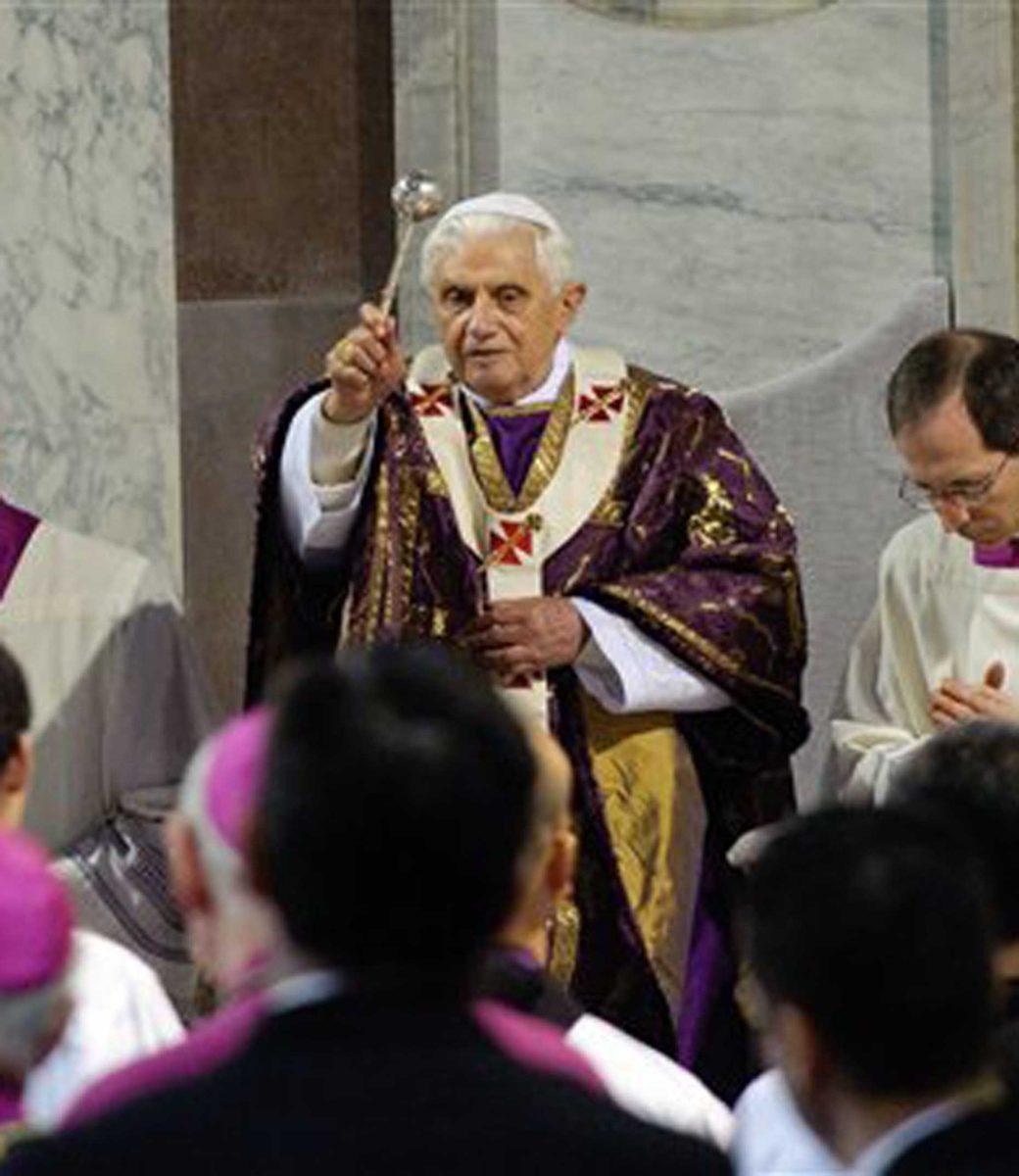Pope Benedict XVI recently praised advances in genetics but also issued another shocking caution to the world.The pope said geneticists allow for “a glimpse of the possibility of new conquests” and the anticipation of “authentic progress for the whole of humanity” at the Pontifical Academy for Life on Feb. 21.Benedict pressed the scientific community to avoid the temptation of “genetic reductionism” — which he claimed would reduce mankind to merely reproducing new individuals, “as is the case with all other animals.”Emphasizing the old axiom the whole is greater than the sum of its parts, Benedict explained why man is more important than mankind:”In fact, he carries with him the power of thought, which is always drawn to the truth about himself and the world.”From there, the pontiff explained the difference of the modern threat compared to the eugenics of yesteryear. While the ideological and racist manifestations have largely faded, a new mentality has inched to the forefront of human consciousness — one that justifies the measure of life and dignity according to desire. “There is thus a tendency to privilege the capacities for work, efficiency, perfection and physical beauty to the detriment of other dimensions of existence that are not held to be valuable.”Eugenics is defined as the selection of desired characteristics with the intention of improving future generations.This theory, sprouting from Social Darwinism — the theory that advocated a “survival of the fittest” approach to society — allegedly would hastily improve the lot of fit humans over the less suitable. Consequently, eugenics became a science shortly after its advent.This is no joke to those well-versed in history. Eugenics, on the contrary, is a very real threat — Big Ben noted it was such an imminent danger it found expression in the U.N.’s Universal Declaration of Human Rights.The inherent dignity and equal and inalienable rights of all members of the human family is the foundation of freedom, justice and peace in the world — according to the Declaration.The respect owed to life is nonexistent when those deemed unfit for life are punished from conception.In the often forgotten or ignored depths of American history lies one of the ugliest sins of this nation’s past — a stake in the international eugenics movement that often consumed even some of the most famous American personalities — from some of the most influential writers and thinkers to former presidents and world leaders.The reason the science failed to pick up was because of its most eminent proponent — Hitler. Thus, American scholars tried to erase the stain on the national ego by ignoring it uniformly and excluding it from history textbooks entirely.But the pope saved his sharpest rebuke for last, decrying discrimination based on real or presumed genetic factors as an act of violence against all humanity.From early eugenics opponents, like author G.K. Chesterton, to today’s Bishop of Rome, the Catholic Church has consistently battled this recurring elitist phenomenon. By acknowledging worth results not from achievement but from existence, Benedict made apparent there are few greater advocates for world peace and stability than organized religion in general, and the Catholic Church in particular.Biology should never become an element of discrimination, as the pope warned. The world must amass a culture “that concretely testifies to solidarity with those who suffer, razing the barriers that society often erects, discriminating against those who are disabled and affected by pathologies, or worse — selecting and rejecting in the name of an abstract ideal of health and physical perfection… “Confidence in science cannot forget the primacy of ethics when human life is at stake.”Daniel Lumetta is a 22-year-old mass communication senior from Metairie.–Contact Daniel Lumetta at [email protected]
Louisianimal: Pope spreads word against advocacy of new eugenics
March 3, 2009






